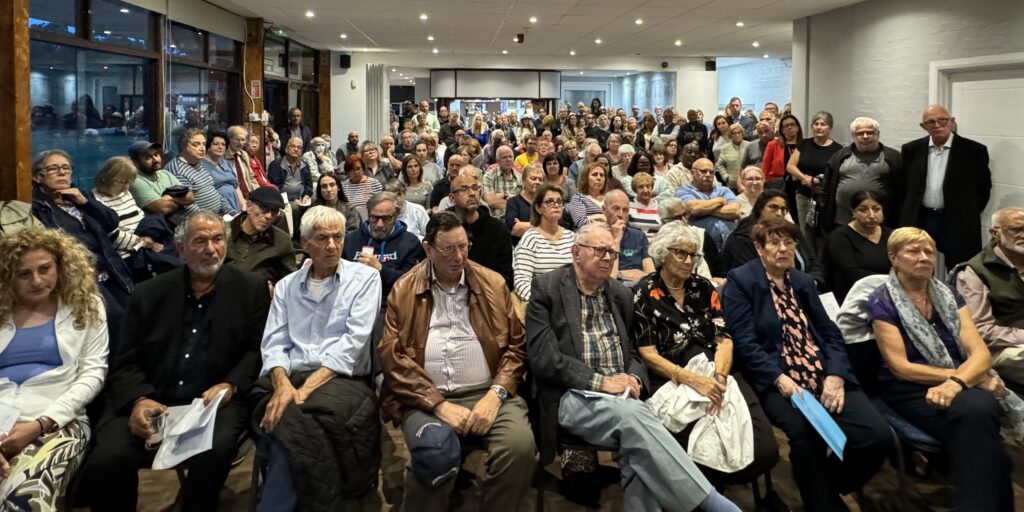Dear Supporters,
As we approach the end of the year, we wanted to provide you with the latest developments regarding the Say No! Campaign and our continued efforts to oppose the proposed extension of the Arnos Grove CPZ. We apologize for the delay in providing this update, but we have been frustrated by the lack of communication from Enfield Council, despite several attempts to get them to respond to the concerns we have raised. That said, we didn’t want to wait any longer to keep you informed.
Council’s Response to Objections
With the invaluable support of barrister Joshua Munro, the Council was contacted regarding the legal concerns raised in our objections. On 10th October, Enfield Council responded, acknowledging that a high volume of responses had been received. However, despite earlier assurances of a substantive reply to the legal issues raised, the Council has now deferred addressing these points until the publication of their response report, which is expected in the coming weeks. (Please see the proposed Next Steps and Timeline section for details)
Through Councillor Pratt, we have secured a commitment from the Head of Traffic and Transportation that the analysis of consultation responses will be completed by the end of the calendar year. However, it remains unclear how soon after this the Council’s response report will be published.
Joshua has firmly expressed to the Council that their delayed response may constitute an abrogation of the duty to conduct a proper consultation. He has also made it clear that if the Council decides to proceed with their proposals, the matter will be challenged in the courts.
Collaboration with Palmers Green
The Say No! Campaign has also been in contact with the Palmers Green Business Association, who are similarly opposing CPZ extensions in their area. Discussions are ongoing about the possibility of the two groups joining forces to strengthen our collective response to Enfield Council.
A joint approach offers significant benefits:
- Strength in Numbers – Presenting a united front will amplify our voice and make it harder for the Council to ignore community opposition.
- Cost Sharing – Pooling resources would enable us to share the costs of any necessary judicial review, ensuring funds are used efficiently to fight the case.
The Palmers Green Business Association are already pushing ahead with preparations for a legal/judicial review. To support their efforts and strengthen their case, we propose sharing our objections that have been submitted to the Council. These will be anonymised to ensure privacy and shared with their legal team, who are carrying out preemptive legal work. This collaboration not only strengthens their position but could ultimately pave the way for a joint objection, should legal action become necessary.
There are several potential outcomes to consider, and we will carefully evaluate the situation once we have more information. It is possible that legal action may not be necessary. However, establishing a fighting fund is a precautionary measure, intended only as a last resort. While being prepared for the worst-case scenario is important, our primary focus is on achieving a resolution through dialogue and collaboration, without the need for legal proceedings. That said, recent reports of other councils facing legal challenges over similar issues of poor CPZ planning highlight why it is essential to remain prepared.
Next Steps and Timeline
Here’s an outline of the realistic timeline we are currently working towards:
- Mid-January 2025 – Await the Council’s formal response.
- Early February 2025 – Submit a joint response from Say No! and Palmers Green.
- February 2025 – If the Council moves forward with formal consultation, we will coordinate a robust response.
- March 2025 Onwards – Consider establishing a fighting fund to support a judicial review, should this become necessary.
We remain committed to holding the Council accountable and ensuring they act in the best interests of the community. Your continued support is vital as we move into the next phase of this campaign.
Thank you for standing with us. Together, we can ensure our voices are heard.
From
Diljeet Singh, Daniel Anderson, Phil Mariutto
Say No! Campaign

